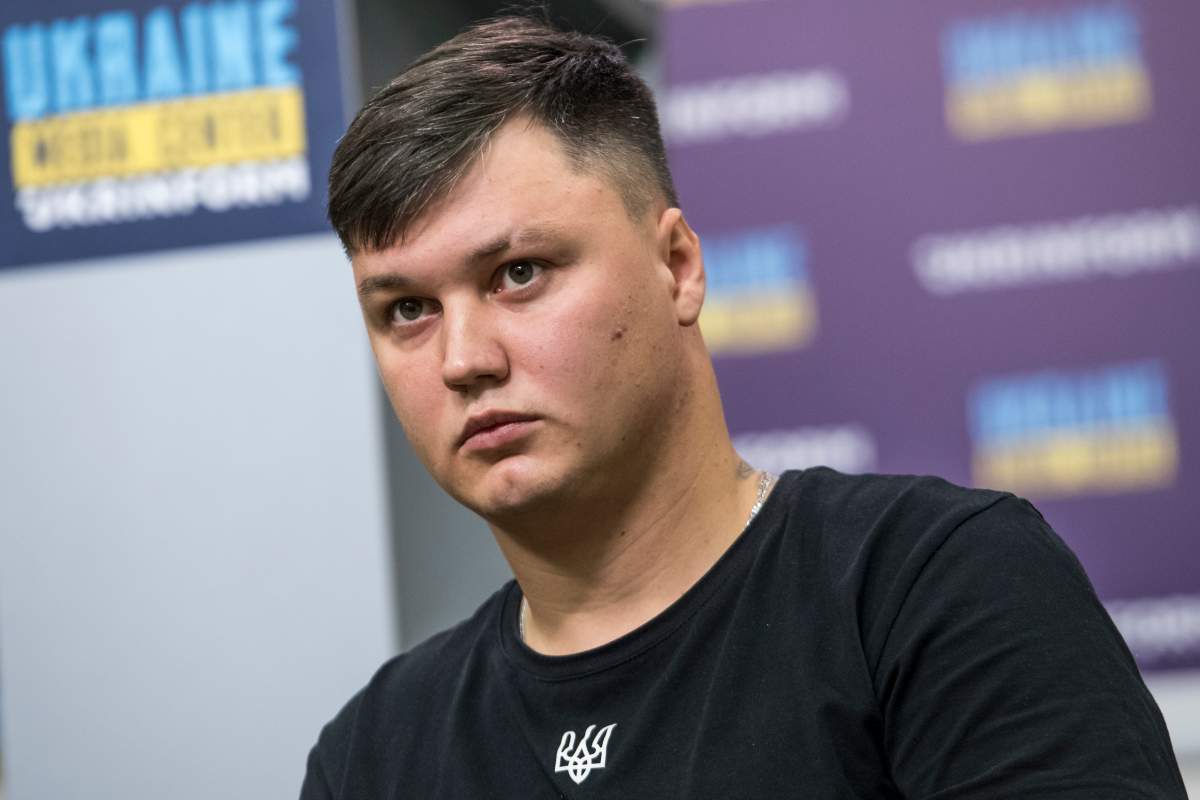A pilot who defected from Russia and flew his military helicopter to Ukraine was found shot to death last week. In Moscow’s first comment on the death, Russia’s top spy chief called the defector a “traitor and criminal” and appeared to suggest that his killing was inevitable.

Maxim Kuzminov was found dead in Spain, Ukraine’s military intelligence arm GUR confirmed to multiple outlets, including Reuters, the Washington Post and newswire agency Interfax-Ukraine.
“We can confirm the fact of his death,” said spokesperson Andriy Yusov.
A GUR source told Ukrainska Pravda that Kuzminov moved to Spain after defecting to Ukraine.
“From what we know, he invited his ex to his place and was later found shot dead,” the source said.
Spanish officials have confirmed that a body was found riddled with bullets on Feb. 13 in an underground garage in the town of Villajoyosa, near Alicante in southern Spain. Spanish and Ukrainian media have reported that the shooting victim was the pilot, who had been living in Spain under a fake identity.

Get breaking National news
A photo of a burned car, allegedly used by the perpetrators of the killing, was taken outside the Spanish Civil Guard barracks, in El Campello on Feb. 14.
Spain’s state news agency EFE reported that the body was hit by half a dozen bullets and run over by a car.
Kuzminov defected last August following a six-month special operation carried out by GUR, Ukrainska Pravda reported at the time. Kuzminov was paid US$500,000 for defecting and his family was pre-emptively moved out of Russia before he flew his Mi-8 helicopter over the Russian border into Ukraine.
Two crew members on-board, who were not aware that Kuzminov was defecting, were killed after the helicopter touched down in the Kharkiv Oblast. Kuzminov later said in a high-profile press conference in Kyiv last September that his fellow crew members refused to surrender to the Ukrainian military and “rushed out of the helicopter.”
The head of Russia’s foreign intelligence agency called Kuzminov a “moral corpse” for betraying his country.
“In Russia it is customary to speak either good of the dead or nothing at all,” Sergei Naryshkin, the director of Russia’s Foreign Intelligence Service.
“This traitor and criminal became a moral corpse at the very moment when he planned his dirty and terrible crime,” Naryshkin told the state-owned TASS news agency.
Western leaders say Russia frequently assassinates those it deems traitors abroad. Moscow says the West has not provided evidence to support such assertions. In the case of Kuzminov, there is, so far, no evidence that Russia was behind his death.
A Spanish court in Villajoyosa has opened a probe into the death of the shooting victim, a judicial source told Reuters on Tuesday. At the time of his death, the victim carried documentation identifying him as a 33-year-old Ukrainian national, but his identity was still under investigation, the source said.
— With files from Reuters









Comments
Want to discuss? Please read our Commenting Policy first.